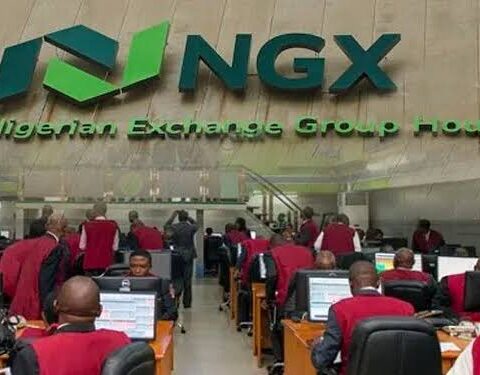By Oluwasore Alabi
The rising cost of fuel in Nigeria has become one of the most pressing concerns for citizens, businesses, and policymakers. From the filling stations in Lagos to the remote villages in the North, the high price of petrol is tightening its grip on daily life. Transportation costs have soared, food prices have gone up, and the cost of living has reached unbearable levels. The big question on everyone’s mind is: can fuel prices ever come down?
At present, the possibility of a meaningful reduction looks slim. The removal of fuel subsidy in 2023 was meant to stabilize the economy, free government resources, and attract investment in the oil sector. However, it also exposed Nigerians to the full force of global oil market realities. Since Nigeria imports most of its refined fuel due to poor local refining capacity, global crude prices, foreign exchange rates, and shipping costs heavily influence local pump prices. With the naira still weak against the dollar, fuel costs remain high.
Still, there are faint glimmers of hope. The Dangote Refinery and other modular refineries under construction could reduce dependence on imports. If these facilities operate at full capacity, Nigeria may cut down on shipping costs, ease foreign exchange pressure, and possibly lower prices. Yet, such outcomes will take time and require strong government regulation to ensure local production does not simply mirror international price trends.
Critics argue that waiting for a price drop is unrealistic, given the global nature of oil pricing. They note that even if Nigeria refines its fuel locally, the final price may still reflect international crude benchmarks. Moreover, the government has shown no signs of reintroducing subsidy, which used to artificially lower prices but also drained national finances.
In truth, the most realistic path to cheaper fuel may lie not in subsidies or political promises, but in building economic resilience. If the naira strengthens, if local refineries run efficiently, and if competition is encouraged in the downstream sector, Nigerians might eventually see relief at the pumps. But in the short term, the pressure is unlikely to ease.
For now, fuel price reduction in Nigeria is more of a long-term dream than an immediate reality. Citizens may need to brace for a future where energy reforms become the true measure of progress.



























